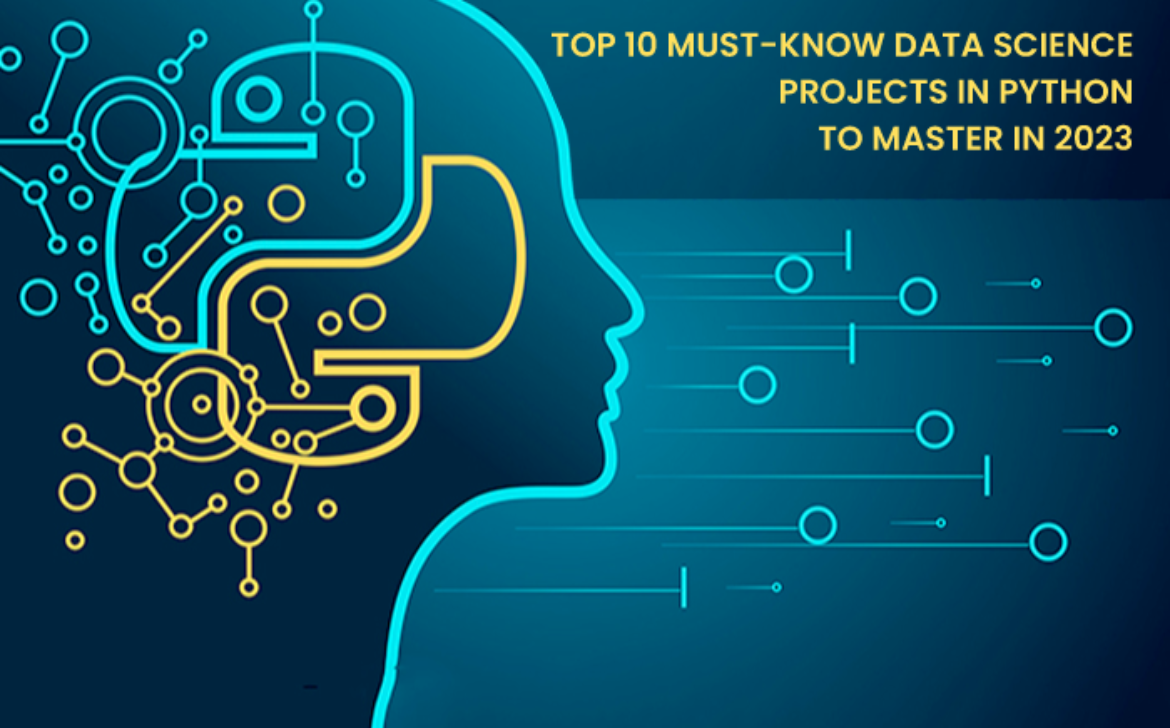The Most In-Demand Technical Skills – And How To Develop Them
When you think of technical talents, you typically think of something that has to do with IT or technology, such as computer programming or data science. However, “technical talents” actually refer to a wide range of “hard” abilities that are essential for many different types of vocations and businesses. And many of them are unrelated to IT.
What do technical talents entail?
Although technical skills differ greatly between industries, they generally consist of the abilities and knowledge required to carry out job-specific tasks, whether they be digital or manual. In other words, they are the practical abilities needed to complete a job well.
Future technical talents that will be in demand
In almost all professions, technology is becoming more important as the nature of work changes. But even when more and more work is automated, technical expertise is still quite valuable. I think technical talents will be more valuable than ever in the complex, hybrid workplaces of the future, where tasks and goals are completed by a combination of machine and human power.
What kind of abilities will therefore be most in demand in our workplaces’ rapid changes? There is a great demand for technical expertise in data science, AI, and coding. Beyond IT and technology, some of the crucial technical abilities for 21st-century employment are probably going to be:
- Customer relationship management
- Project management
- Social media management
- Video and other content creation
- Product development and product lifecycle management
- Technical writing, or being able to explain complex subjects in plain English
- Data literacy, or being able to effectively use and make sense of data
- Mechanical maintenance
Ways to improve your technical abilities
Technical abilities are generally acquired through a combination of formal schooling, on-the-job training, and plain old experience. Of course, the specifics will differ. In light of this, here’s how to maintain the sharpness of your technical skills:
Encourage your employer to spend money on the technical training required to do your work as a smart place to start. Think about the expanding importance of technology and how it might alter some facets of your profession as part of this. A project manager, for instance, might find himself in charge of distant team members more and more, therefore they might want to brush up on the tools that support remote collaboration.
- You’ll need to adopt an active, independent learning strategy in addition to workplace learning if you want to stay current on issues and trends in your field. The simplest approach for me to stay current with developments in my profession is to read books, listen to audiobooks, read industry periodicals, and listen to podcasts. Try to view such self-directed learning as an opportunity for personal development rather than as yet another task to cross off your list.
- Enroll in pertinent online courses. Whatever field you choose, there is a tonne of organized courses available online from vendors like Coursera and Udemy. For instance, Udemy offers courses on everything from generating marketing videos to wiring electrical systems. Look for programs that provide digestible learning aids if at all possible (think short videos, quizzes, brief tutorials, etc.).
- Look at unstructured learning platforms like YouTube. Many educators, like myself, have embraced YouTube as a tool to present educational, interesting videos because of the abundance of information available there.
- If you can, make learning social by collaborating with other students. Do other people in your organization, for instance, share your challenges or your path toward education? Sharing the experience can increase accountability and increase the enjoyment of learning.
- Gain knowledge from experts in your profession by working with a mentor or job-shadowing them. It’s a terrific method to learn practical and technical skills to spend time with an expert.
- Lastly, cultivate a lifelong learning mindset, which is characterized by constant curiosity and a desire to learn new things. This is crucial since practically all occupations will alter in some way as a result of how quickly technology is developing. Technical abilities won’t be less vital as a result of this quick change; in fact, I think they’ll be more crucial than ever. However, you’ll need to maintain your skills up to date as technology advances.
Read more: Top 8 Demanding IT Skills in 2023





